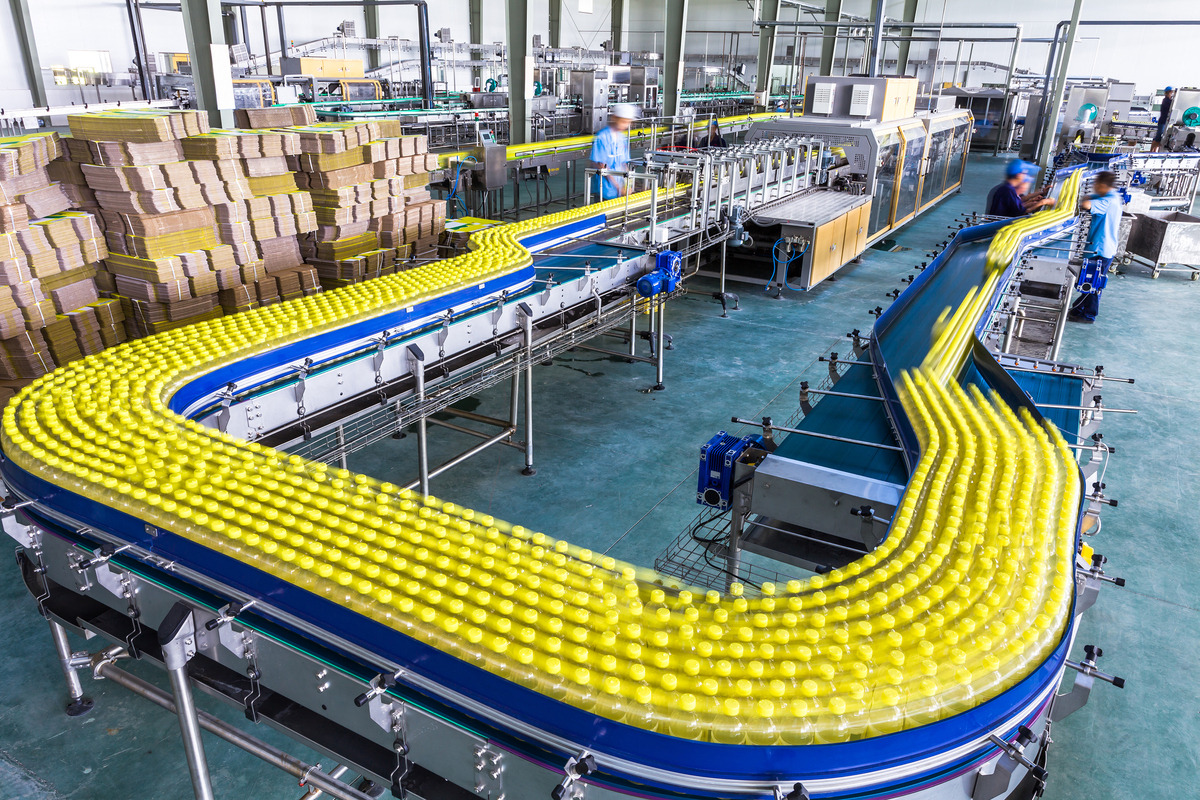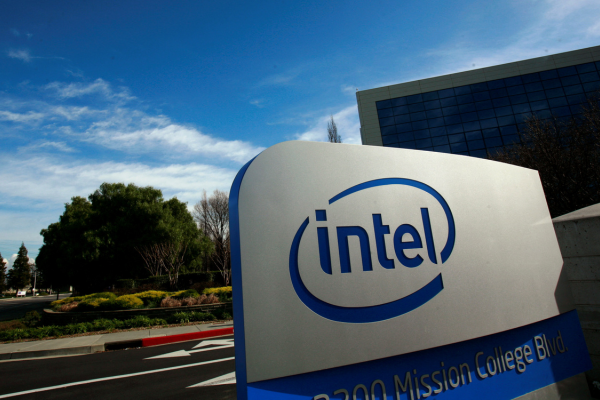How the food and beverage sector can improve supply chain resilience
Sponsored by dss+In the second article in our series on practical solutions to challenges to the food and beverage industry, we explore how companies can shore up their defences against supply chain disruption

Disruption to the supply chain presents a significant challenge for the food and beverage (F&B) sector. Whether it’s climate-related or unforeseen events such as Covid, natural disasters or geopolitical events, the capacity to withstand challenges, adapt to change and bounce back from such difficulties is the difference between companies that achieve and improve supply chain resilience and those with fewer products on supermarket shelves.
Navigating such complexities requires companies to develop strategies to ensure that, first and foremost, they can mitigate risks that could jeopardise cost-efficient and uninterrupted production. How companies achieve this requires agility, visibility, collaboration, sustainability and the use of smart technology. Together, these elements support risk mitigation strategies and ultimately enhance efforts to improve supply chain resilience.
Boost visibility and agility across the supply chain
According to the World Economic Forum, only 45% of supply chain leaders have visibility on their first-tier suppliers or no visibility at all, with only 7% achieving multi-tier transparency. This lack of visibility hampers supply chain resilience, making it difficult for retailers to anticipate disruptions. Investing in advanced technologies such as blockchain and the internet of things (IoT) can help track and monitor products throughout their life-cycle.
Collaboration and regular, clear communication are further important visibility and agility boosters. Fostering strong relationships with suppliers, customers and other stakeholders allows F&B companies to share information and data to quickly identify potential disruptions.
Anticipate, diversify and invest to strengthen resilience
Once risks are identified, anticipating and assessing the likelihood and impact of each risk helps encourage a more proactive response. Contingency plans are vital. For example, the Russia-Ukraine conflict disrupted grain exports, impacting global food prices and revealing the need to diversify suppliers and distribution channels to help reduce reliance on any single supply or production source.
Investing in redundant facilities or backup systems helps ensure that unforeseen events that could halt or delay manufacturing processes do not disrupt business continuity. Also, investing in robust quality control measures and safety procedures reduces the likelihood of product recalls and accidents, which can severely impact business continuity and reputation.
Plan ahead for cost-efficient and continuous production
A company’s ability to achieve long-term resilience relies on uninterrupted and cost-efficient production cycles, particularly during periods of heightened economic and political disruption. Maintaining optimal inventory levels can balance supply and demand while minimising costs. Also, factoring in lead times, storage costs and potential disruptions adds accuracy to inventory policies.
Lean and Six Sigma manufacturing principles can help eliminate waste and improve efficiency, adding further strength to capacity planning strategies. Equally, value-stream mapping and just-in-time inventory can help with fluctuations in demand based on seasonal variations and new product pipeline plans.
Use collaboration and technology to promote supply chain resilience and optimise costs
Fostering a collaborative culture and leveraging technology can help take supply chain resilience to the next level. Evaluating and selecting suppliers based on reliability, efficiency, quality and sustainability, as well as cost, promotes trust and mutual respect that encourages best-price loyalty and relationship longevity.
Smart technology can also be used to support cost optimisation efforts. Investing in tools to monitor and control costs throughout the supply chain, including raw materials, labour, energy and transportation, helps determine and drive cost-efficiency plans, and improve traceability more accurately. For example, a 2023 report by the Food Standards Agency (FSA) on the impact of labour shortages in the sector pointed out that digitising food checks and introducing more technology to inspect fruit and vegetables could significantly reduce the risks associated with food safety in the medium to long term.
Remain competitive by learning from recent challenges and new trends
The complexity of the F&B supply chain means that learning from past events and anticipating future trends is vital to achieving and improving supply chain resilience. Building the right foundations and supporting strategies offers a clear and proactive pathway to overcoming disruptions and mitigating risks. As we move forward, F&B companies must continue to adapt to a rapidly changing landscape. Technology can offer exciting opportunities to further enhance supply chain resilience to improve forecasting, optimise inventory levels and reduce waste.
Additionally, a growing emphasis on sustainability and ethical sourcing will require F&B companies to adopt innovative practices and collaborate with suppliers to minimise their environmental impact. By staying informed about these trends and proactively implementing strategies, F&B companies can build resilient supply chains capable of weathering future storms and achieving long-term success.
For more information, visit consultdss.com
Marcos Salla, Global Director, Agriculture, Food and Beverage, dss+

Business Reporter Team
Most Viewed
Winston House, 3rd Floor, Units 306-309, 2-4 Dollis Park, London, N3 1HF
23-29 Hendon Lane, London, N3 1RT
020 8349 4363
© 2025, Lyonsdown Limited. Business Reporter® is a registered trademark of Lyonsdown Ltd. VAT registration number: 830519543





